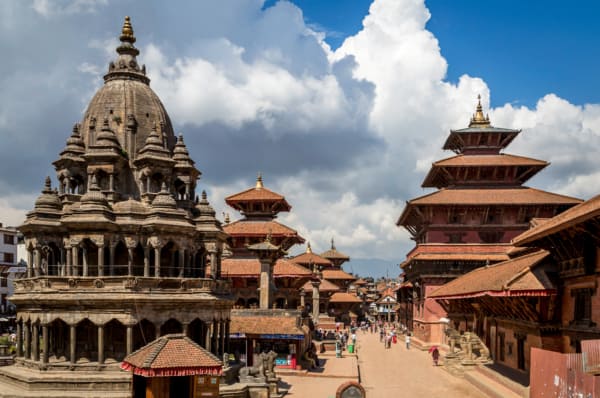Where do leaders come from? How are their motivations shaped? How do they accrue and make use of the resources available to them? And how can these processes be effectively supported? These questions are at the heart of DLP’s interest in understanding developmental leadership. For over a decade, DLP has examined how individuals and coalitions gain the motivation and skills to overcome structural barriers and drive progressive change. This paper builds on DLP’s extensive findings to date, and sets out a refined approach to guide the next phase of in-depth research. It argues that future research on developmental leadership can usefully adopt a leader-centred approach. This implies a key shift in emphasis for future projects, from tackling the structure-agency question at the institutional level, to a sharper focus on the everyday choices and dilemmas that individual leaders confront. Crucially, this means closer attention to leaders’ background and socialisation, how they see the world, and how this shapes their choices.
We can answer the question ‘where do leaders come from?’ in a variety of ways. The approach we take determines the answers we get. Typically, we think of leaders as being either born (‘ascribed’ leadership) or made (‘achieved’ leadership). In reality, most leaders have a combination of personal attributes, family background, education, professional and personal networks that help us understand why they, rather than their peers, took on leadership roles. Psychological perspectives broaden the menu of factors that influence leaders, to include childhood experiences, personality traits and styles. Nevertheless, the search for a distinct leadership ‘variable’ is in vain. All leaders are a product of the attributes and resources they were born with, and the experiences and choices they made to maximise them.
If we want to understand what motivates leaders to initiate progressive change, we have to start with the way they understand the world and the choices it presents them. Leaders never have full autonomy. They are always situated in a particular context of rules, resources and ideas. They can, however, make choices about how they see this context, and act in it. Leadership is practiced differently in different parts of the world. Yet, the choices leaders confront about how to recruit followers, develop or manipulate factions, or cultivate certain leadership styles, are likely to be similar, even if the answers vary from leader to leader, or from one context to another. The type of analysis this paper proposes relies on and refines a series of heuristics or ‘rules of thumb’ which, without restraining it, provides a basis for DLP3’s practice-informing research.
Only by seeing like a leader can we explain their choices and the implications they have for developmental change. To better understand where leaders come from, DLPs future research agenda could usefully focus on:
- The choices leaders confront, including how they accrue and make use of resources. Research on the sociology of elites identifies a range of resources—familial, education, professional, networks—that enable people to become leaders. We know less about the choices leaders make about how to employ these resources over the course of their lives, the dilemmas they confront, and how they resolve them. Similarly, research could identify how access to various resources – training, skills, networks – can broaden the menu of choices leaders have.
- Pathways in and through leadership positions. The fact that leaders often follow a similar trajectory or pathway into and through leadership roles suggests that they tend to make similar choices at key points in their lives. Research suggests that education, especially overseas education, is a key resource for a prospective leader. To gain a fuller sense of how education builds a future leader’s potential, we need to know more about post-education pathways.
- How the personality traits and styles of leaders inform the choices leaders make. To deepen our understanding of the choices leaders make, and the pathways this enables, we need to know more about the psychology of leaders and how this motivates them to pursue developmental change.
Leadership training versus leadership development. Following the emphasis on pathways, research can trace the trajectories of leaders who have been trained, to shed light on the efficacy of workshops. At the same time, a key question is whether to focus on improving the skills of individual leaders, or on increasing the leadership capabilities of whole communities. - Leadership training versus leadership development. Following the emphasis on pathways, research can trace the trajectories of leaders who have been trained, to shed light on the efficacy of workshops. At the same time, a key question is whether to focus on improving the skills of individual leaders, or on increasing the leadership capabilities of whole communities.









